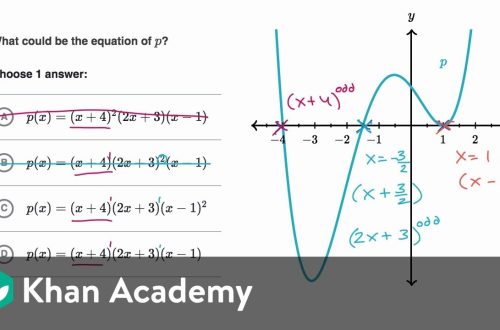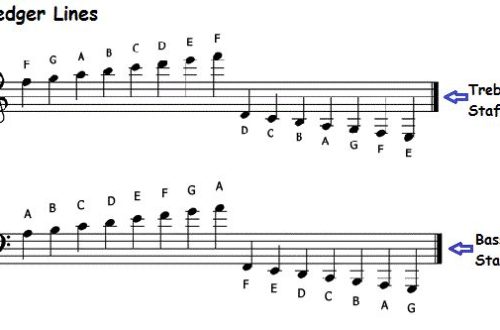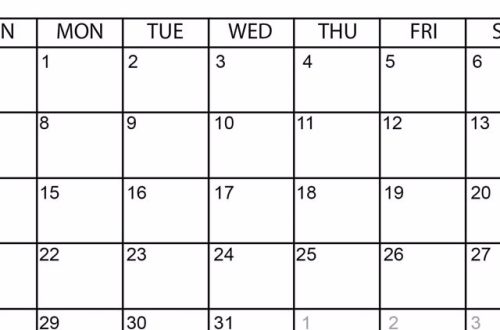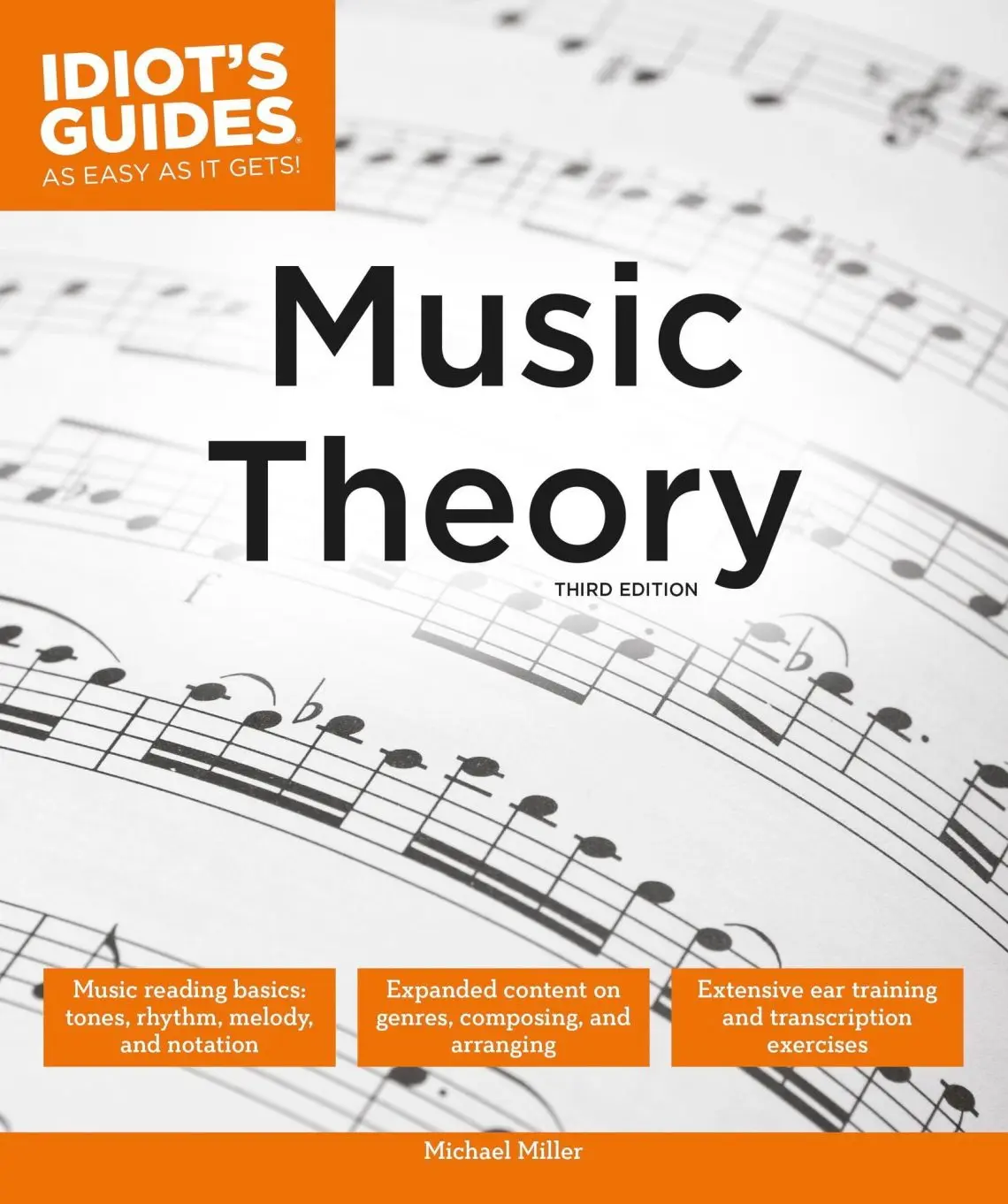
Music Theory: Music Literacy Course
Contents
Dear friends! Here is a short course on the basics of music theory and musical literacy. The very fact that you have looked at this page indicates that you have already thought about the need to get some basic knowledge of the theoretical foundations of music.
Perhaps your musical or vocal skills have reached a level where intuition and movement by touch are no longer enough. Perhaps you wanted to study music theory earlier, but did not find a course where the essentials were compactly stated. Or maybe you have already tried to delve into the intricacies of music theory, but felt that it was too difficult for you.
Our course solves all these problems. You will only get what you can really put into practice, whether you want to learn how to take apart pieces for the piano by notes or select melodies on the guitar, intend to sing in a choir or even write a song.
Here is a music literacy course that allows you to master the basic concepts. So to say, the elementary theory of music “without water”. In general, music theory should not be feared, because it is written by musicians for musicians. This is the language in which musicians speak to each other. Knowledge of the basics of music theory opens up the widest field for musical experiments and allows you to translate creative ideas and sketches into a real melody that will delight listeners. Therefore, it is worth discovering these opportunities for yourself!
Music theory and elementary musical literacy will help you convert emotions into music and share your rich inner world with others. And, who knows, perhaps it is you and today that you are taking your first step towards great popularity. And in some 10 years, other aspiring musicians will be eager to get the notes of your song or the chords of your guitar composition in order to recreate and repeat the piece of music you created.
Goals and objectives of the course
The aims and objectives of the course, in general, are clear from the title. However, it is worth clarifying a number of points so that it is clear what is meant by musical literacy.
Why our course is needed:
1 | Learn to read music – notation on the stave is a common format for many genres of musical works and the only available option for acquaintance with classical music. By learning to sight-read, you will noticeably expand your capabilities as a musician and vocalist. |
2 | Navigate the chords and tabs are the same notes, just written in a different format. Chords are made up of notes, and each tab icon represents a different note. Understanding the patterns of musical and interval structure of melodies will make it easier for you to understand and interpret tabs and chords. |
3 | Accelerate the development of a musical instrument – all the practical exercises for the training courses on playing the piano, guitar and other instruments are recorded on the stave or in the form of chords and tabs. You will be able to use them and save time that you would have spent looking for simpler presentation formats “without notes”. |
4 | Start playing in a band – to interact with other musicians, you need to learn the language of music and understand the features of all the musical instruments that are used in the group. |
5 | Make song parsing easier – preparing for a vocal competition or karaoke battle will go faster if you understand the notes and chords. And with additional work on developing your ear, you can easily hear the movement of the melody up or down, even if you only have chords at your disposal without specifying an octave range. |
6 | Start writing songs or music – it’s easier than you think, but for this you need to know the notes, hear the intervals and understand what polyphony and the fifth-quarter range of keys are. |
7 | Take the first steps in mastering sound design and independent mixing of tracks – many modern sound processing programs contain a built-in chord panel and the option to change files in the note editor. And the actual mixing process will be easier if you work on your musical ear. |
As you can see, music theory is useful to anyone who wants to sing or play a musical instrument, at least at an amateur level. And to everyone who somehow comes into contact with the magical world of sounds. Study music theory and you will hear a lot more!
What is music theory?
Music theory studies the foundations and principles of the construction of musical works, the patterns of formation of musical – singing and instrumental – sound combinations. Within the framework of music theory, musical notation is studied, which is, in fact, an analogue of the alphabet for any language. Since the phrase “language of music” is stable and often used, such an analogy seems completely logical.
In addition, “Music Theory” is one of the special disciplines in educational institutions of a musical profile. Music theory is closely interconnected with such concepts and disciplines as polyphony, harmony, solfeggio, instrumental science, i.e. a detailed study of the design and sound of musical instruments, their classification according to various system-forming features.
Who needs music theory?
Above, we have already begun to talk about the fact that music theory is useful to a fairly wide range of people who, one way or another, come into contact with music. In fact, this circle is noticeably wider. But let’s start in order.
Who needs music theory:
| 1 | Professional singers and musicians. |
| 2 | Amateur musicians. |
| 3 | Cover artists. |
| 4 | Members of musical groups. |
| 5 | Lovers of singing. |
| 6 | Participants in music and vocal competitions. |
| 7 | Composers and composers of music. |
| 8 | Sound producers and sound designers. |
| 9 | Sound engineers. |
| 10 | Anyone who wants to develop harmoniously. |
It has long been known that music develops memory, horizons and fine motor skills of the fingers of those who play at least one musical instrument.
Understanding the basics of music theory always stimulates the writing of one’s own melodies and improvisations, and leads to new thoughts regarding the improvement of playing technique and performing techniques. I think this is quite sufficient incentive to enthusiastically take up the study of music theory.
How to master music theory?
In the era of the availability of almost any information, much of what used to have to go to a music school or take private lessons can be mastered on your own. Modern techniques allow you to do this much faster than in 5-7 years of music school. This is why our course on the basics of music theory has been developed.
This course will give the basics of knowledge to both novice musicians and those who have already tried their hand at the musical or vocal field and want to develop further. The lessons are designed in such a way that the material is understandable to absolutely everyone, including people who have never been interested in the theoretical foundations of music.
Our course is by no means a substitute for professional music education, but it is a very effective first step in mastering music theory. If there is a need for more in-depth knowledge on a topic, you can use the list of additional literature. The list contains additional materials on all topics covered by the course program.
Lessons and course structure
To make it easier for you to master the elements of musical literacy, but at the same time not to overload your perception with information that is of little use in applied terms, we have structured all the available material on music theory in such a way as to focus mainly on aspects that are useful in practical activities.
We recommend that you study the material sequentially, without skipping lessons, even if the topic seems familiar to you. Read through the lesson to make sure you didn’t miss anything when you addressed this topic earlier.
Lesson 1
The purpose of this lesson is to understand the physical properties of sound, to understand how musical sound differs from any other. In addition, you need to understand what an octave is, get an idea about the musical-octave system, scale steps, tones, semitones. This is all directly related to the properties of sound and subsequent topics of the course.
Lesson 2
This lesson aims to introduce you to musical notation “from scratch”, to give an idea about notes, pauses, accidentals and their location on the musical staff. This is necessary so that in the future you can independently analyze the notes recorded on the stave, and navigate in tabs and chords if you come across a chord recording of a melody or tablature.
Lesson 3. Harmony in music
The purpose of this lesson is to understand what harmony is in music, to study its main components and understand how to use them in practice. The lesson gives an idea of intervals, modes, keys, which brings you very close to the skills of independent selection of melodies, including by ear.
Lesson 4
The purpose of this lesson is to understand what musical polyphony, polyphony and polyphony are, how a melody is formed on their basis, and what are the basic techniques and principles for connecting melodic lines in polyphonic melodies. This knowledge is useful for recording and mixing voices and musical instruments to get a finished audio track.
Lesson 5
The purpose of the lesson is to understand what an ear for music is and how to develop it, what solfeggio is and how it will help the development of an ear for music. You will receive specific tools and recommendations on how to test your ear for music, and specific exercises to train your ear for music.
Lesson 6
The purpose of the lesson is to give an idea of the most popular musical instruments, to talk about the differences between instruments that are traditionally confused, such as piano and pianoforte. In addition, in this lesson you will find links to books, instructional videos and music courses that will make it easier for you to master the musical instrument.
How to take the course?
As mentioned above, the lessons of the course should be completed sequentially, not skipping any of them and paying attention to illustrations and explanations of the illustrated material. Pictures visualize those nuances that are difficult to perceive just by reading the text.
If you do not understand something, reread the lesson again. For a more reliable fixing of the material in memory, it is recommended to return to the most difficult topics for you at the end of the course. After you have mastered the material as a whole, it will be easier for you to understand the role of the various components of the course.
More
For the best assimilation of the material and more convenient search for more detailed information on issues that you would like to study in more depth, we have prepared a list of additional materials for you.
Books on the development of musical literacy and musical ear:
Articles and courses on the basics of musical literacy:
And finally, a little extra motivation to start learning the course easier.
Quotes of famous people about music
And to conclude the introductory lesson, we want to give you some inspiration. To do this, we have selected quotes from great people about music. We hope they inspire you to get to know this magical world of music better!
Music inspires the whole world and provides the soul with wings. It can be called the embodiment of everything beautiful and everything sublime.
Plato
Music is capable of exerting a certain influence on the ethical side of the soul. And since music has such properties, it should be included in the education of young people.
Aristotle
The greatness of art, perhaps, is most clearly manifested in music. It makes sublime and noble everything that it undertakes to express.
Johann Goethe
The purpose of music is to touch hearts.
Johann Sebastian Bach
Music has no fatherland, its fatherland is the whole Universe.
Frederic Chopin
Music is the only world language, it does not need to be translated, soul speaks to soul in it.
Bertold Auerbach
Words sometimes need music, but music doesn’t need anything.
Edvard Grieg
Anyone who wants to be a real musician should be able to customize the music menu.
Richard Strauss
Love and study the great art of music. Thanks to music, you will find new powers unknown to you before. You will see life in new tones and colors.
Dmitry Shostakovich
In music, as in chess, the queen (melody) has the most power, but the king (harmony) is decisive.
Robert Schumann
Music is shorthand for feelings.
Lev Tolstoy
Music is inferior to love alone, but love is also a melody.
Alexander Pushkin
Music, without mentioning anything, can say everything.
Ilya Ehrenburg
Music is the most silent art.
Pierre Reverdy
Where words are powerless, a more eloquent language appears fully armed – music.
Pyotr Tchaikovsky
We wish success to all who embark on this course. And we know for sure that for everyone who goes through it to the end, new opportunities and new facets of their own talent will open up!



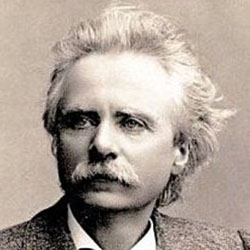 Plato
Plato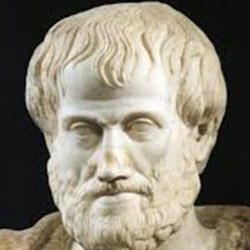 Aristotle
Aristotle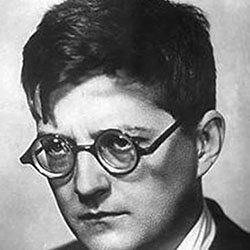 Johann Goethe
Johann Goethe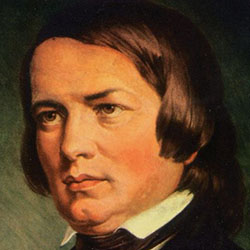 Johann Sebastian Bach
Johann Sebastian Bach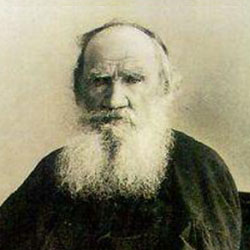 Frederic Chopin
Frederic Chopin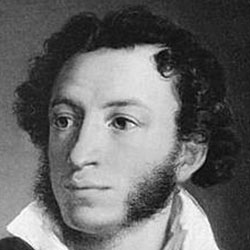 Bertold Auerbach
Bertold Auerbach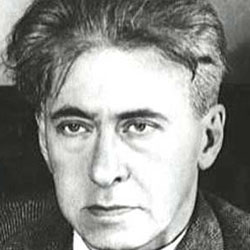 Edvard Grieg
Edvard Grieg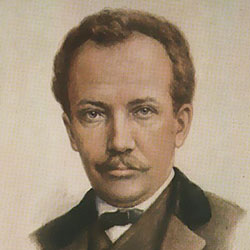 Richard Strauss
Richard Strauss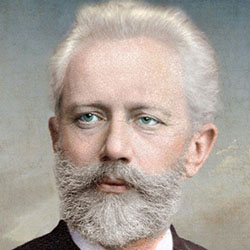 Dmitry Shostakovich
Dmitry Shostakovich Robert Schumann
Robert Schumann Lev Tolstoy
Lev Tolstoy Alexander Pushkin
Alexander Pushkin Ilya Ehrenburg
Ilya Ehrenburg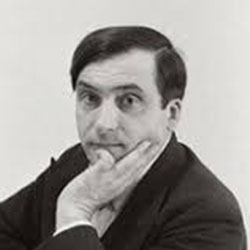 Pierre Reverdy
Pierre Reverdy Pyotr Tchaikovsky
Pyotr Tchaikovsky